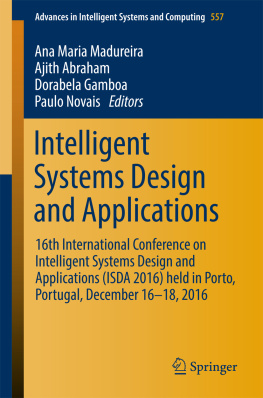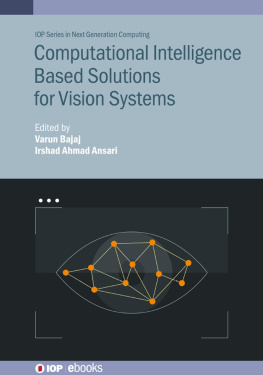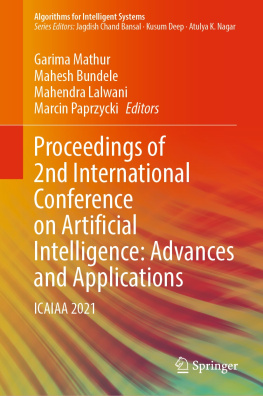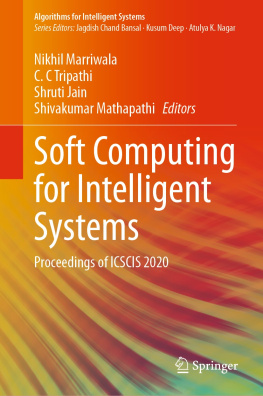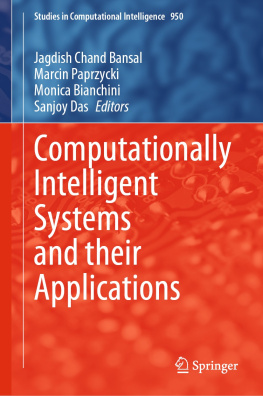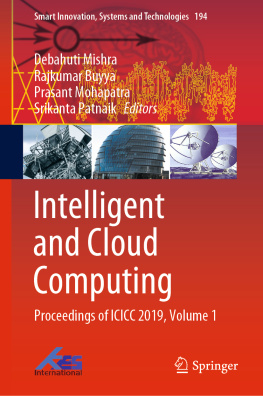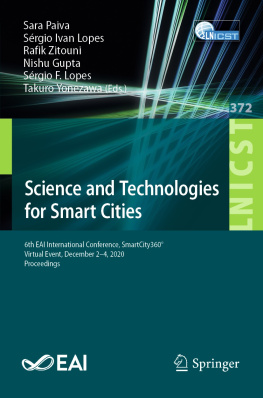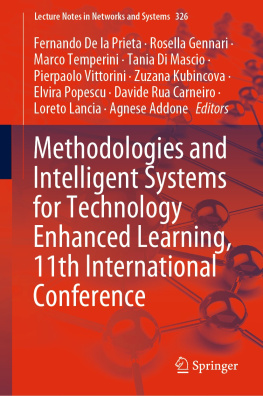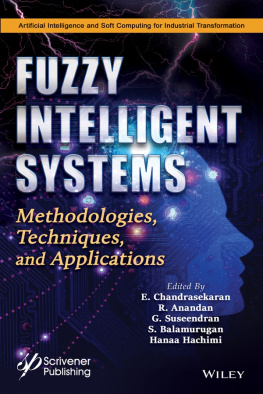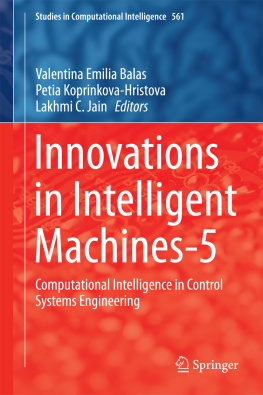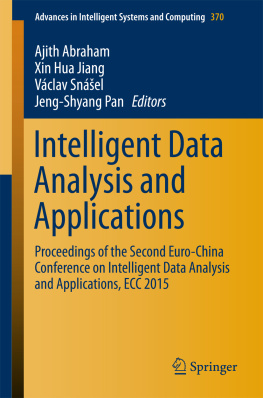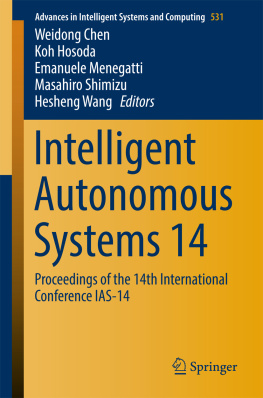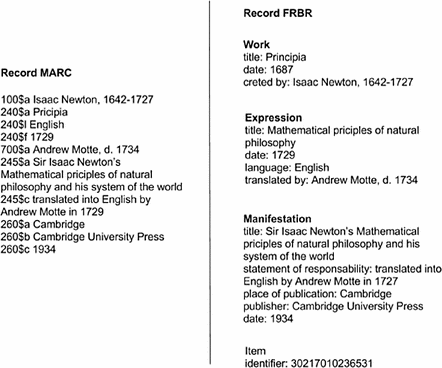Introduction
How to manage big quantities of dataset with a high rate of changes from heterogeneous sources and preserve in the same time ACID (atomicity, consistency, isolation and durability) principles of database systems is a question that each of us has to deal with.
Most of the applications used by companies to manage their data use relational database management systems (RDMSs) and this fact will remain for the next years, even though database management systems (DMSs) are evolving very fast. On the other hand, data structure, are changing often and the number of data sources needed to be used by companies to remain competitive are rising every day. This is the reason why we create this new approach in order to retrieve and manage information datasets.
The evolution of database management system capabilities is a clear indicator of the existence of necessity of finding mechanisms for structuring information. Databases are defined by Frawley [].
In the last period, librarianship has developed and implemented a suite of standards for information management, and for ensuring the sustainability of stored information. We will mention few of these standards used for resource description: BIBFRAME - Bibliographic Framework Initiative []. These standards can be extended in order to be used in other areas.
As is shown by Rokitskii [].
Vysniauskas and Nemuraite in [] have presented a solution for a problem that has arisen from practical needs: namely, possibilities for storing ontological information and processing this information by user applications. For this purpose, they used relational database (RDB) considering that it is a good candidate that has proven capabilities to cope with large amounts of data. Methodologies for transforming entity relationship and object-oriented conceptual models to relational database structures are well-established and implemented in their tools.
Ontology Definition Metamodel, initiated by OMG, is seeking to define transformations between OWL, UML, ER and other modelling languages, where Simple Common Logic is chosen for definition of constraints. On the base of existing methodologies, there are some possible ways to relate ontological information described by ontological language, with relational schemas. For more information, see [].
In this paper we present a novel solution of structuring the information in a relational database system. Our approach is using concepts from library standards and object oriented programming, and is totally different from previous studies.
The aim of this paper is to describe an innovative approach that combines informational standards from librarianship field with object oriented programming techniques in order to manage financial and contact information of possible partners or clients.
Defining the Concepts Used for Solving this Problem
2.1 Library Standards for Defining Information
MARC (Machine Readable Cataloging) is currently the most widely used standard for storing and exchanging bibliographic records. Evolution of MARC standard has a history of more than forty years. MARC, is basically a concept for structuring and interchanging of information which evolved separately from concepts of management systems databases. Even if it is a standard with a high degree of use in libraries, it does not solve all problems arising from the rapid evolution of data structures and quantity of existing information.
The structure of the information in MARC format is a linear one, each type of information stored is defined by a set of metadata composed from a set of three numerical characters that defined field, an element represented by a character alphanumeric that represents subfield and field label to define the meaning of this field subfield tuple [.
Fig. 1.
A bibliographic record represented in MARC and FRBR model
If there is repetitive information for a given metadata field, we will add a new metadata representing information and the corresponding value. If a subfield is repetitive, $ separator will be used followed by subfield name to write repetitive set of values. The maximum number of characters that can be stored in a field or subfield, of MARC standard, is 999 characters.
MARC standard has proved that are some inconvenient in information management:
The number of fields and subfields are insufficient to encapsulate all type of information needed to be represented;
Fields and subfields containing a large amount of information are not possible to be managed;
Special characters can generate errors in automated process.
Based on this fact regarding MARC standards, MARCXML standard was developed. This standard representation of information eliminates previously existing limitations in storing large amounts of information in a single subfield or storing special chars.
This linear way of defining information within a bibliographic record cannot solve all situations generated by evolution of information needed to be stored, ensuring sustainability of the concerned information with minimal redundancy, but allows a semantic presentation of the information stored on this structure []. In this sense, to solve the aforementioned issues, IFLA - International Federation of Library Associations and other institutions have proposed and developed FRBR - Functional Requirements for Bibliographic Records, which adopts a description of hierarchical information in order to increase the level of granularity and to allow better information reuse.

